Source👩👩👦:Beijing Olympic City Development Association2024-02-05
On the initiative of the IOC Olympic Foundation for Culture and Heritage, the newly reopened Beijing Olympic Museum held a conference with other Chinese members of the Olympic Museums Network and the Olympic Foundation for Culture and Heritage on the morning of 4 February 2024. Present at the conference included Fu Xiaohui, Secretary-General of the Beijing Olympic City Development Association and Director of the Beijing Olympic City Development Centre; Angelita Teo, Director of the Olympic Foundation for Culture and Heritage, Chair of the Olympic Museums Network and Director of the Olympic Museum in Lausanne; Frédérique Jamolli, Head of International Cultural Affairs of the Olympic Foundation for Culture and Heritage at the IOC; and Angelina Wang of the IOC Digital Engagement and Marketing Department. Those who also attended the event were Wang Kun, Deputy Director of the Beijing Olympic City Development Centre; Ji Weidong, Deputy Curator of the China Sports Museum; Wu Yiyun, Executive Deputy Curator of the Xiamen Olympic Museum and Nanjing Olympic Museum; Zhang Xiuli, Deputy Director of the Samaranch Memorial; Zhang Hongfeng, Operations Manager of the Tianjin D. Olympic Museum; and Hou Ming, Curator of the Beijing Olympic Museum.
Addressing the conference, Fu Xiaohui stressed that the museums should strengthen cooperation, establish annual exchange mechanisms and continue working with the Olympic Museums Network to promote the Olympic cause in China.
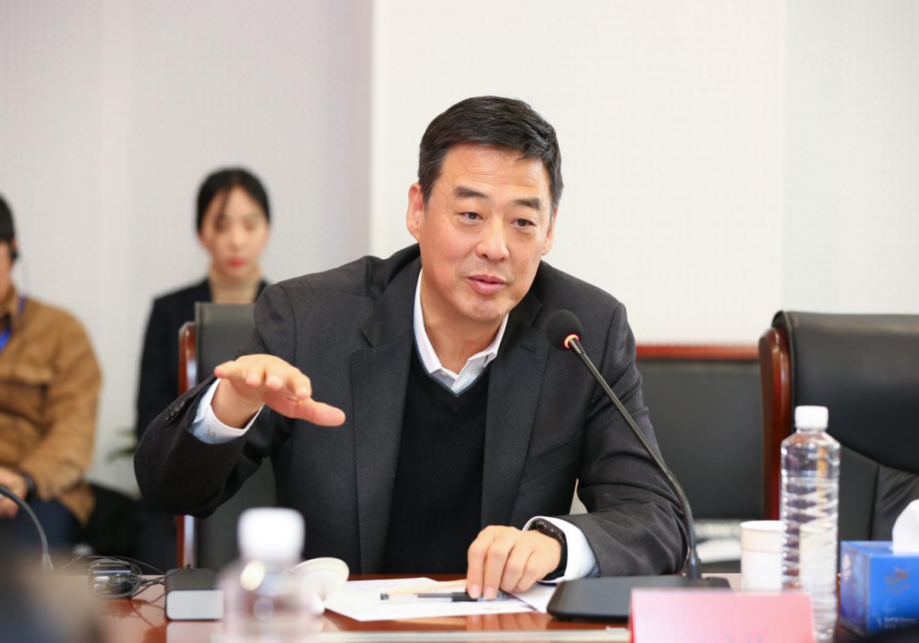
(Fu Xiaohui speaks at the conference)
Angelita Teo elaborated on the important role of artificial intelligence (AI) in the development of museums and introduced the Olympic Values Education Programme (OVEP). As she said, technological innovation and the rapid advances in AI pose great challenges to the traditional educational function of museums, while also unlocking new possibilities for the development of museums and bringing about change to Olympic values education. The IOC is now looking at how to apply AI to serve the development of museums. For example, AI-powered labelling technology can slash the labour costs for collection management, and imaging detection and 3D interactive clone technologies can bring digital collections to life. As to the OVEP programme, she spoke highly of the work Chinese members of the Olympic Museums Network have done in Olympic values education, and called for pooling resources and enhancing synergy to do a better job in this regard.
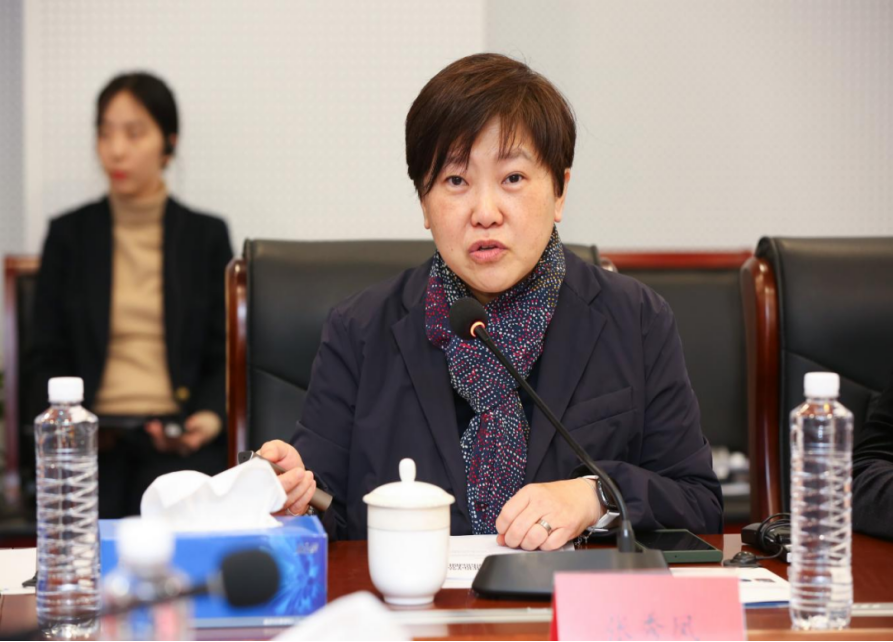
(Angelita Teo speaks at the conference)
Wang Kun pointed out that the adoption of AI requires particular attention from museums, and a globally oriented OVEP programme should be open and inclusive. He also emphasized the vital role of museums in disseminating core Olympic values among younger generations.
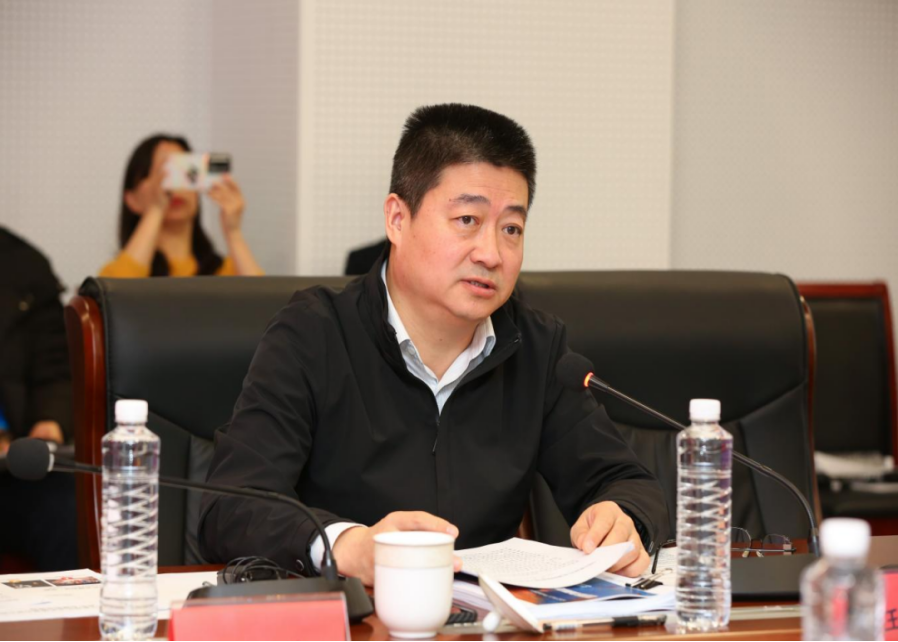
(Wang Kun speaks at the conference)
Describing the OVEP programme as a comprehensive, systemic programme, Frédérique Jamolli said that there should be a training plan for how to carry out Olympic values education in addition to the plan for youth Olympic education. She hoped that the programme could be promoted on a larger scale in China, and digital means could be adopted to facilitate the way to deliver Olympic values education.
Angelina Wang introduced the digital OVEP programme in China and hoped that offline resources of all Olympic museums in China could be integrated to launch a digital learning centre on the IOC’s WeChat mini programme. The integration of online and offline activities can create highly interactive and entertaining experiences and increase reach in China, while expanding the space for sustainable development of the OVEP programme.
A key discussion topic at the conference was how to further leverage the platform of museums to promote the Olympic culture and education. Representatives of six Chinese members of the Olympic Museums Network introduced the situation, characteristics and highlights of their museums, as well as what they have been doing to spread China’s sporting spirit and the Olympic spirit, energise China’s sports development and promote the Olympic Movement.

(Group photo of the conference)
Ji Weidong looked forward to strengthening communication and cooperation with the Olympic Museums Network and proposed that promotional activities give full consideration to local culture and features and engage local athletes in spreading the Olympic spirit and communicating consensus. From the perspective of international engagement of private museums, Zhang Xiuli shared her vision on online and offline exchanges and cooperation among Chinese members of the Olympic Museums Network and beyond. Wu Yihui suggested that the digital OVEP programme should take into account local characteristics and culture and be more user-friendly in order to strengthen its influence. Hou Ming proposed that online interaction and experience should be increased in the digital OVEP programme so as to draw greater attention to the Olympics and engage more people.
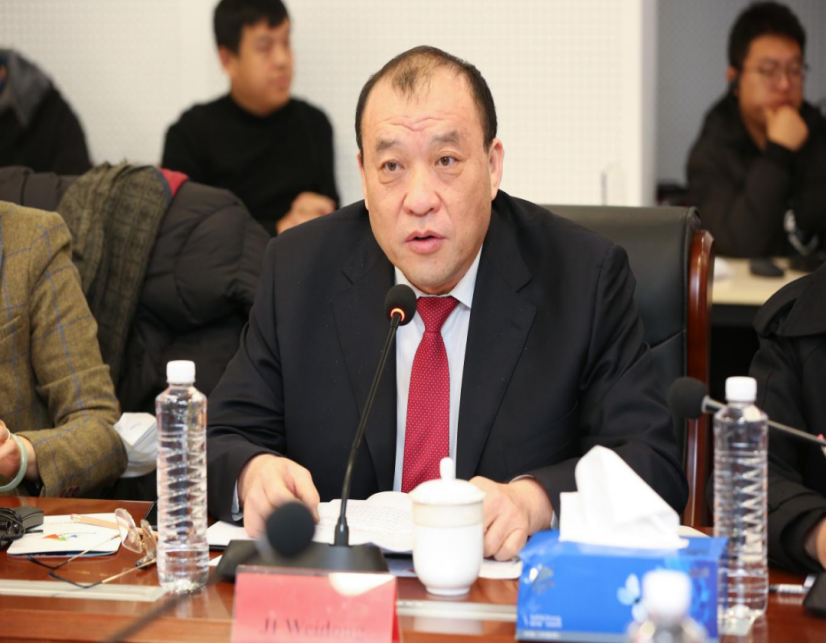
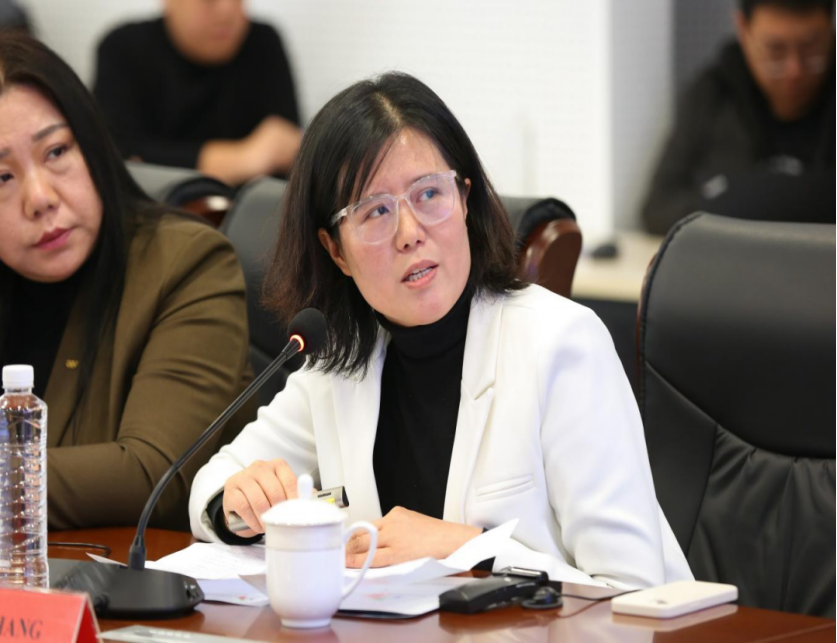
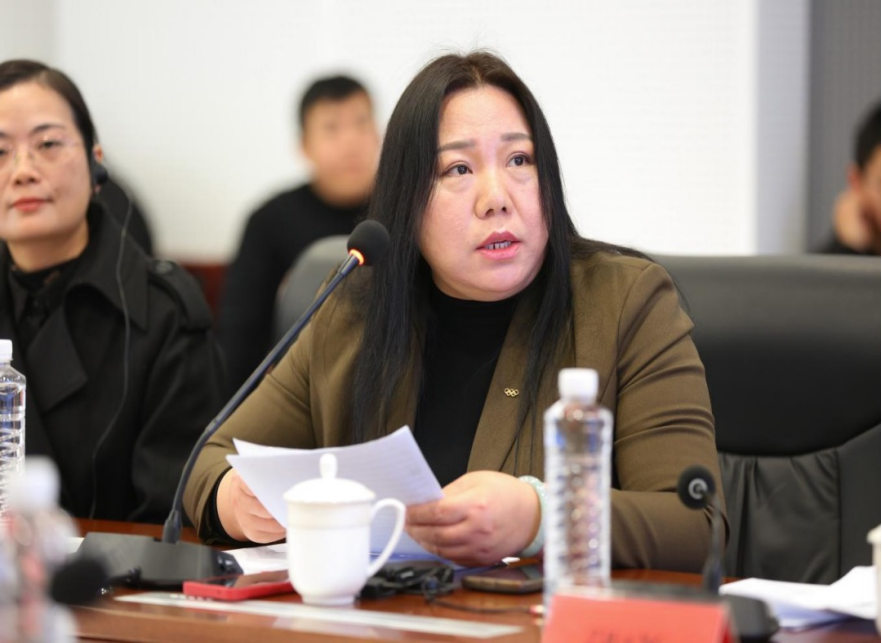


(Representatives of participating museums speak at the conference)

© Copyright 2020. All rights reserved
Beijing Olympic City Development Association.All rights reserved.Beijing ICP 13521520 No.